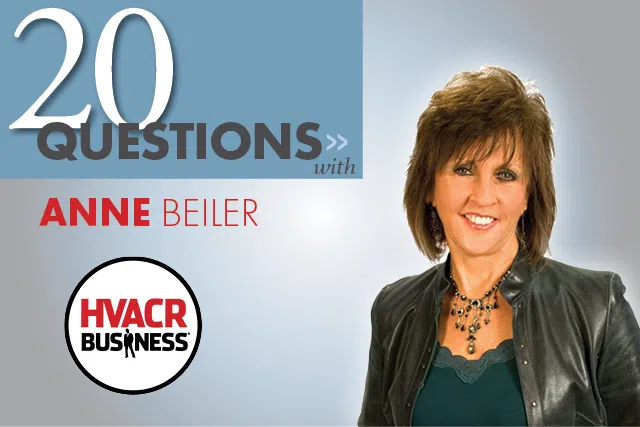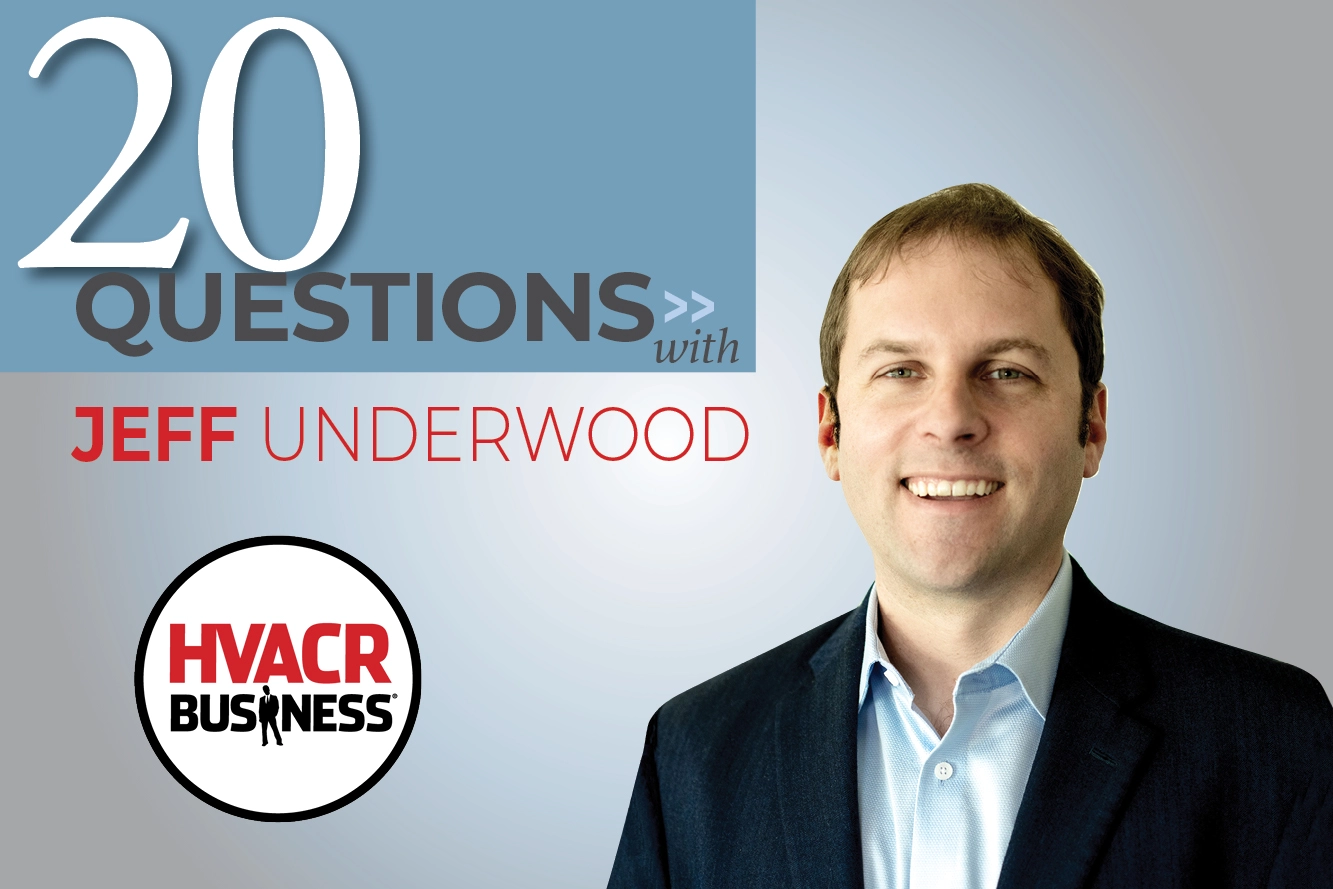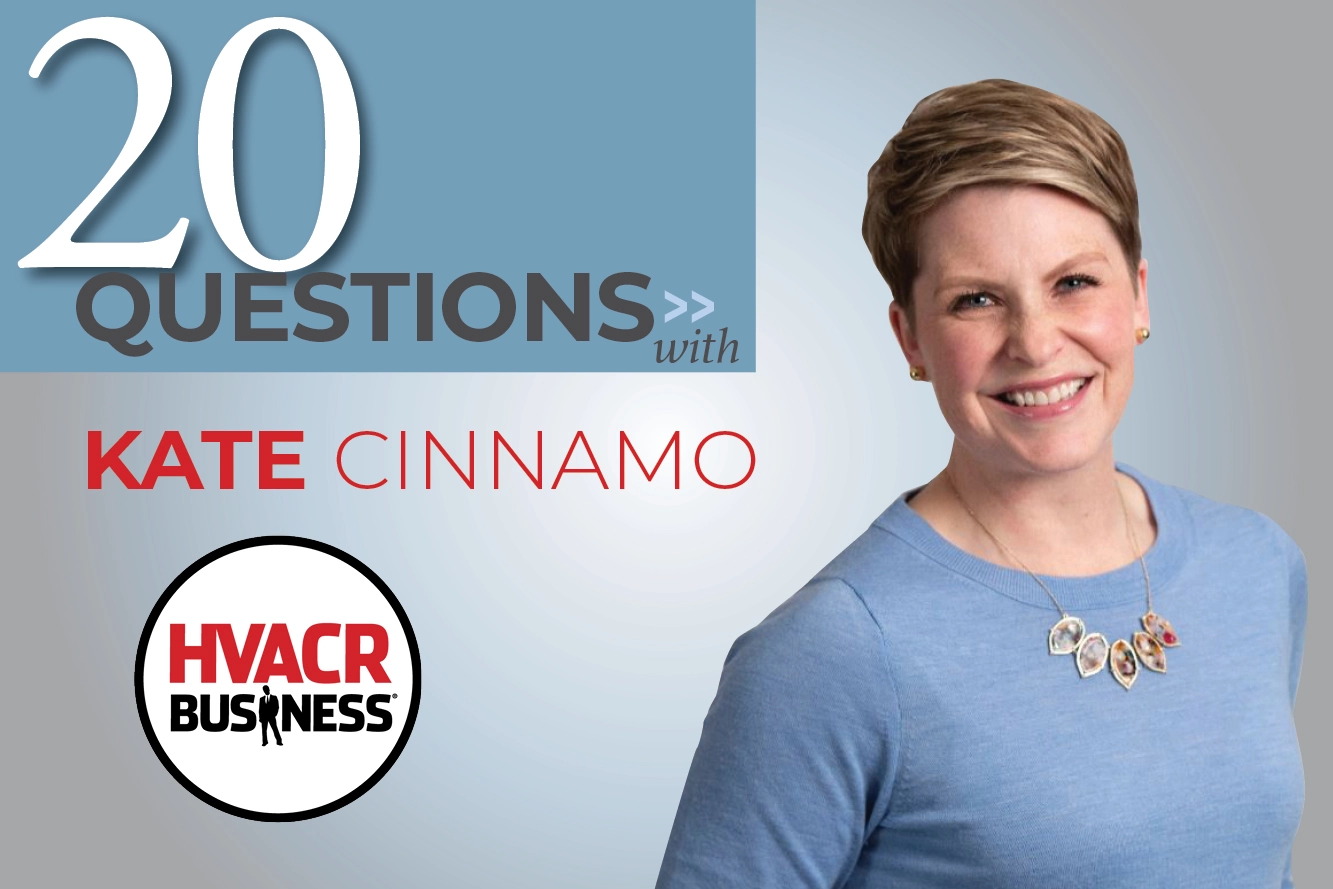1. Do you still bake?
Yes, in fact we had friends that came (to visit us) and I made them some homemade sugar cookies. As I was making the cookies I thought — I really love to bake! I should start another business.
2. And you’re a Harley Davidson rider?
Yes, I bought my first new bike in 1980 and have been riding ever since. I had a nasty wreck in 2010, but still love to ride.
3. What happened?
I slid on an oil slick late on a September day end over end … I ended up with some head injuries and a collarbone fracture.
4. You borrowed $6,000 to buy an oven, mixer and refrigerator — who was the very smart person who loaned you that money to start Auntie Anne’s?
My father-in-law. He was retired — well Amish people don’t retire — he worked all his life and had some money in savings. A number of times he offered to give us money for a house. But, when we had an opportunity to start the company we knew Pop would help with the money and he did.
5. So, had he had the pretzels and that’s why he gave you the loan?
No, no, no … we had no pretzels at that time. He just trusted in us. Our little stand sold pizza, ice cream and pretzels, however the pretzels were terrible! Jonas went to work tinkering with the recipe and eventually the golden brown, better than the best pretzels were born.
6. You bought a store at the farmers market, but didn’t know exactly what you would be offering?
That’s what entrepreneurs do. You go buy something and figure out what you want to do with what you bought.
7. What was it like in the early stages of the business?
The first store opened in February 1988 and the second in July, which overwhelmed me. We couldn’t keep up with demand. I asked my husband Jonas, “Why are we doing this?” He said, “God wants to do something and we just need to get out of the way and let it happen.”
8. What was the biggest struggle growing so fast?
We realized we had a great product and needed to surround ourselves with great people. We needed to operate like a real company, from finance and production to logistics. Unfortunately, we simply didn’t have any business background. We got on our knees and asked God to send us someone to help. I know it sounds foolish and simple, but it’s my story.
9. Who did he send to help you?
My brother-in-law. We asked him if he would consider leaving his job to come help us, and he did. I come from a family of eight, and they all came running, truly, to my rescue. It became a family business in a very short period of time.
10. That’s a very different type of business when there is family involved — how did you manage?
We all grew up Amish on a farm, so I knew they were hard workers. Those worker bees took us to the next level. But seemingly overnight, we needed a VP of financing, logistics, etc. We needed departments and structure.
11. Where did you find that business expertise?
My brother Carl was a businessman and understood the structure and management of companies. He was the head part of the business and I was the heart. We began to departmentalize. We were franchising a lot then and knew we needed an expert in that area, which we found.
12. A franchisee tried to take advantage of you in the early days — what happened as a result?
We became more sophisticated and realized trust had to be earned. We developed more formal agreements too. But Jonas told me we have to realize what we have is more than a pretzel, we have a system. They can steal the recipe but they cannot steal the system, because the system is who we are.
13. How did you learn from that?
We developed a systematic approach. When you have a good system in place, you can put it in a box and take that system into any culture in the country, any culture in the world (which we did) and be successful.
14. Why don’t more companies develop a system?
Companies become weary because it’s difficult to give up control. It sort of takes the fun out of business and out of being an entrepreneur. But really it’s the only secure way for you to be able to take what you have and duplicate somewhere else.
15. What was the challenge of franchising?
One of the greatest challenges and thrills of my life was to bring people from all over the world into our culture and show them what we mean by faith based culture, and a faith business. We created the word LIGHT — Lead by example, Invest in others, Give freely, Honor God, Treat all contacts with integrity. The challenge became how to incorporate them into every person that came into Auntie Anne’s.
16. How do you overcome such challenges?
Reinventing myself became the real challenge. How was I going to incorporate my values into this growing company, and into every person that works for Auntie Anne’s without creating walls and defensive people saying, “I don’t want to do it your way.” But, it became one of the greatest joys for me. Together, as a team, we took an approach that was my passion and made that the Auntie Anne’s culture.
17. Can you elaborate?
Along the way, I realized the one who had to change and grow the most was me. To overcome adverse circumstances you have to overcome yourself first. I think one of the greatest mistakes we make as owners, leaders and as entrepreneurs is we think we “have” to do it our way, I know I did.
18. How were you able to change?
Every day we face obstacles in business — you can be defensive and say it’s got to be this way. Or, in many circumstances, you can change, adapt. Changing always took me into a growth mode. And, when I grew the team grew, the company grew. You learn how to resolve conflict, how to manage people, it’s huge!
19. What are your best leadership skills?
My leadership skills are centered on three small Ps — great purpose, great product and great people. Together those would lead us to the large P, which is profit. Too often we want profit and we cut back on people, product and purpose. In reality, you have to magnify those and eventually you will make a profit.
20. What was the most important thing you learned about yourself owning Auntie Anne’s?
I discovered what I have is more powerful than what I don’t have. For many leaders the glass is half empty. Taking advantage of the part that is full will lead you to growth personally and professionally.






